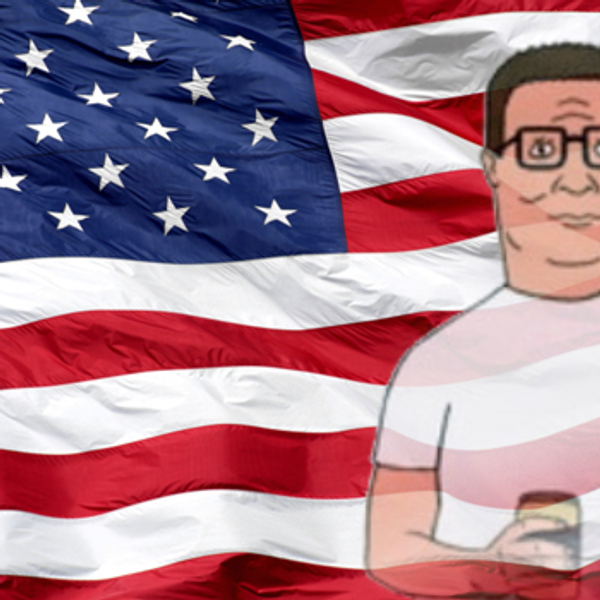Christopher Nolan's "Dunkirk" was nominated for quite a few awards at this year's Oscars. Not least of which, the holy grail of film recognition, Best Picture. That's a lot of praise for a movie in which I couldn't remember any of the character's names.
But don't mistake that for disapproval. I loved "Dunkirk." If the Oscars were opened up to the masses, I'd happily cast it as my vote for Best Picture. Not just because I was impressed by all the big explosions, but because I genuinely felt that this was a groundbreaking and experimental war movie.
"Dunkirk" deviates from a tradition of character-focused war movies. For example, "Saving Private Ryan" and "Full Metal Jacket" each center around particular characters who mature throughout their experience with war. Through this maturation, these films explore themes of brotherhood and heroism underneath extraordinary circumstances. It's a model that many war movies follow, and it has been proven time and time again.
"Dunkirk" chooses to do things differently. Instead, it seeks to make a war film devoid of character development. Ordinarily, this would be a recipe for a disaster, but as a war movie, it works surprisingly well.
By stripping away character and dialogue, we're given a movie that is distinctly dehumanized. The soldiers are nameless, faceless. No one here is special. Instead of characterization, we're left with mechanization: bombs erupt, gunfire exchanges relentlessly, dive bombers scream overhead -- all from an unseen enemy. And even when it all stops, the resulting silence isn't peaceful, it's an unsettling and deathly silence. The world of "Dunkirk" is one that is nihilistic, bleak, and profoundly anti-war.
All of this is pulled together by the terrifyingly gorgeous sound design and effects. The bombers, the explosions, the music... it's all overwhelmingly intense. I couldn't help but tear up from the sensory overload.
"Dunkirk" succeeds as an anti-war movie, not because it contains a direct anti-war message. Nolan doesn't hold our hand and tell us "war is hell." He instead shows us hell and lets us make that connection for ourselves.


















